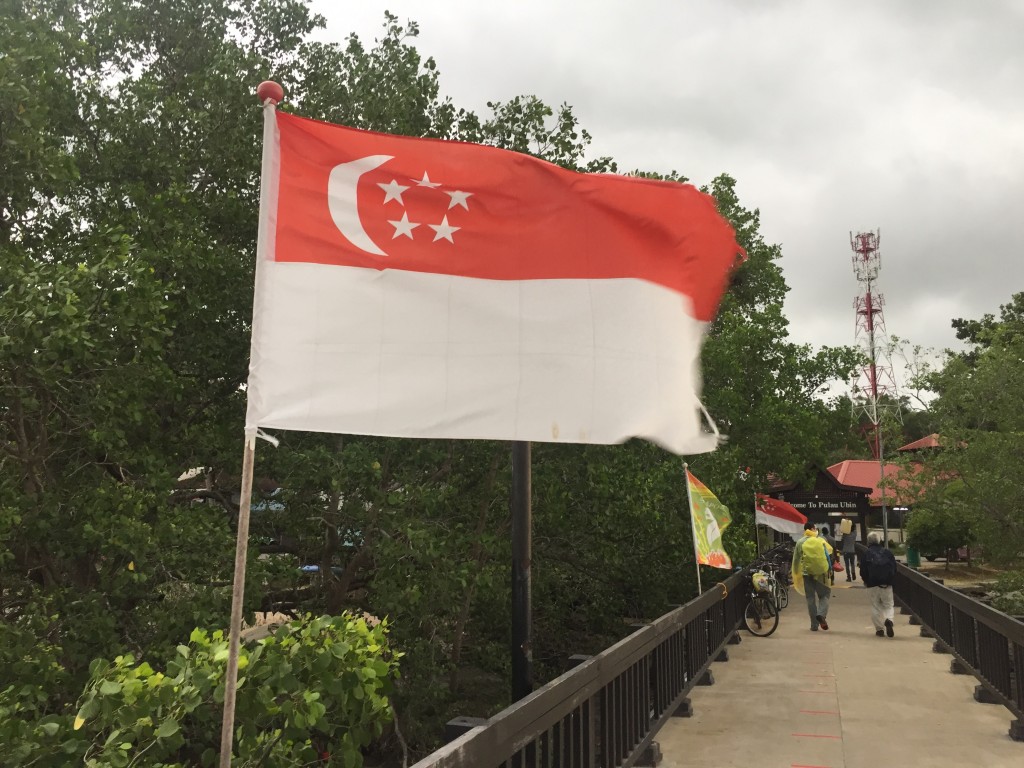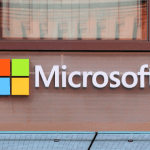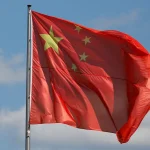Singapore Launches First National Plastic Passport, Opening Path to ASEAN’s $4.2B Circular Economy

- Singapore introduces the world’s first government-backed plastic passport system, embedding molecular-level traceability across all polymer classes.
- The model has potential to unlock a $4.2 billion annual plastics circular economy across ASEAN, where waste leakage remains severe.
- Technology partner SMX positions its system as a framework for regional policy alignment, compliance, and trade in certified recycled content.
A Global First in Singapore
The city-state has become the first government worldwide to roll out a national plastic passport program, powered by Nasdaq-listed SMX technology and its research partner A*STAR. The initiative moves beyond pilot projects and brand commitments, embedding molecular markers directly into plastics to create a verified digital identity for every item produced, used, and recycled.
Officials frame the effort not as a recycling boost, but as a structural shift in how plastics are valued. Instead of waste destined for landfills or incinerators, every polymer—from PET bottles to automotive resins—can now carry proof of origin and reuse potential. This infrastructure is designed to create transparency, reduce leakage, and generate economic value from materials long treated as disposable.
Regional Opportunity
The stakes are regional. ASEAN economies produce millions of tonnes of plastic waste each year, much of which is lost to waterways and unmanaged dumps. Analysts estimate the bloc’s plastics ecosystem could represent a $4.2 billion annual market if recovery systems were verifiable and scalable. Today, fragmented collection and limited reporting leave that value unrealized.
Singapore’s framework offers a ready-made template for its neighbors. With an integrated economic community and rising environmental priorities, ASEAN has the political and commercial incentives to replicate the model. The move aligns with broader trade dynamics, where multinationals face rising pressure to substantiate recycled content claims across global supply chains.
The Role of SMX Technology
SMX, known for creating physical-to-digital tracking systems in industries ranging from natural rubber to mining, sits at the center of the new regime. Its markers, invisible at the molecular level, can survive production and recycling processes, linking plastics to a secure digital passport.
By anchoring Singapore’s initiative, SMX has moved from technology supplier to policy enabler. If adopted regionally, its system could become ASEAN’s default infrastructure for plastics traceability. That outcome would give regulators a cross-border compliance tool, brands a defensible way to prove circularity claims, and governments a method to convert waste into taxable, tradable economic assets.
Investor and Policy Implications
The program introduces a new asset class through SMX’s Plastic Cycle Token, which allows recycled value to be measured and traded. For investors, this creates potential liquidity in a sector previously defined by waste management costs rather than revenue streams.
For policy leaders, Singapore’s model reduces reliance on voluntary corporate reporting by embedding traceability into the material itself. It provides a practical mechanism to enforce environmental regulation and align with global frameworks such as the EU’s push for stricter reporting on recycled content.
RELATED ARTICLE: Pigeon Singapore and LyondellBasell Partner to Introduce Bio-Circular Plastic in Nursing Bottles
From National Pilot to Regional Standard
For ASEAN, the question is not whether the technology works—the Singapore rollout demonstrates that it does—but how quickly it can scale. A regional standard would require coordination among governments, industry players, and trade bodies. Yet the rewards are significant: reduced marine pollution, economic capture of lost material value, and stronger positioning in global sustainable trade.
For SMX, scaling from Singapore to ASEAN would shift its business model toward operating at the level of regional infrastructure. The parallels to early leaders in carbon markets and ESG assurance technology are clear: first-movers often define the standard and retain market power.
Global Relevance
While framed as a national initiative, Singapore’s plastic passport has implications far beyond Southeast Asia. If ASEAN countries align, the bloc could set a precedent for how emerging economies address plastic waste while monetizing circular flows. For investors and regulators in Europe and North America, it raises the prospect of trade partners offering verifiable recycled content at scale, reshaping compliance and supply chain dynamics.
Singapore’s move is thus less an endpoint than a starting gun. The first government-backed plastic passport is now live. The next test is whether ASEAN governments seize the opportunity to convert their shared plastic waste challenge into a regional asset base. If they do, the $4.2 billion opportunity will no longer be theoretical—it will be bankable.
Follow ESG News on LinkedIn











